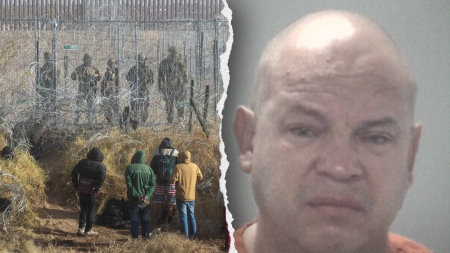Europe finds itself at a precarious crossroads, grappling with a complex interplay of economic stagnation and a resurgence of far-right ideologies that cast a long shadow over the continent’s future. The economic landscape, characterized by sluggish growth, high unemployment, and widening inequalities, has created fertile ground for populist movements exploiting anxieties and grievances. This confluence of economic woes and political extremism threatens to unravel the social fabric and undermine the democratic foundations that have defined post-war Europe. Understanding the depth of this crisis requires examining the interconnectedness of these factors and their potential to shape a future fraught with uncertainty and instability.
The economic malaise gripping Europe is a multifaceted phenomenon with deep-seated roots. Years of austerity measures following the 2008 financial crisis and the subsequent sovereign debt crisis have left many economies weakened and vulnerable. While some countries have experienced modest recovery, others continue to struggle with high levels of public debt, low investment, and structural rigidities that impede growth. Unemployment, particularly among young people, remains stubbornly high in several member states, fueling a sense of hopelessness and disenfranchisement. Furthermore, the COVID-19 pandemic exacerbated these pre-existing economic vulnerabilities, disrupting supply chains, impacting businesses, and further widening the gap between rich and poor. This uneven recovery, coupled with rising inflation and the energy crisis precipitated by the war in Ukraine, has added further strain on households and businesses, creating a breeding ground for social unrest and political instability.
The rise of the far-right across Europe is inextricably linked to this economic backdrop. Exploiting anxieties surrounding economic insecurity, immigration, and cultural change, far-right parties have gained traction by offering simplistic solutions to complex problems. Their rhetoric often scapegoats minorities and immigrants, playing on fears of national identity erosion and cultural displacement. This narrative resonates particularly strongly with those who feel left behind by globalization and economic liberalization, those who see their traditional values and way of life threatened. The far-right’s appeal extends beyond the economically disadvantaged, however, tapping into broader societal anxieties about rapid social change and the perceived failures of mainstream political parties. This wider appeal has allowed them to infiltrate the political mainstream, normalize extremist views, and challenge the liberal democratic consensus that has long underpinned European integration.
The consequences of the far-right’s ascendance are profound and far-reaching. Their anti-immigrant, nationalist, and often Eurosceptic stances pose a direct challenge to the principles of open borders, multiculturalism, and international cooperation that have been central to the European project. Their emphasis on national sovereignty and protectionist policies threatens to undermine the single market and the free movement of people, goods, and services, potentially fragmenting the European Union and weakening its collective bargaining power on the global stage. Furthermore, their often authoritarian tendencies and disdain for democratic norms and institutions raise serious concerns about the future of democratic governance in Europe. The erosion of democratic institutions, coupled with rising social divisions and political polarization, creates a fertile ground for instability and conflict.
The interplay between economic stagnation and far-right resurgence creates a vicious cycle. Economic hardship fuels support for populist and extremist movements, which in turn implement policies that exacerbate economic inequalities and undermine democratic institutions. This self-reinforcing dynamic can lead to a downward spiral, eroding social cohesion and undermining the foundations of a stable and prosperous society. For example, protectionist trade policies advocated by far-right parties, while ostensibly aimed at protecting domestic industries, can disrupt global supply chains, increase prices for consumers, and ultimately harm economic growth. Similarly, anti-immigrant policies can exacerbate labor shortages in key sectors and hinder innovation, further impeding economic recovery. This cycle of economic decline and political extremism poses a significant threat to the long-term future of Europe.
Addressing this complex challenge requires a comprehensive and multi-pronged approach. First and foremost, it is essential to tackle the root causes of economic stagnation. This requires investing in education, training, and infrastructure to create jobs and boost productivity. It also necessitates addressing structural rigidities in labor markets and promoting innovation and entrepreneurship. Furthermore, promoting social inclusion and reducing inequality through targeted social programs and progressive taxation is crucial to mitigate the appeal of extremist ideologies. Simultaneously, it is imperative to strengthen democratic institutions and safeguard the rule of law. This includes combating disinformation and hate speech, promoting media literacy, and empowering civil society organizations to counter extremist narratives. Finally, fostering a sense of shared European identity and promoting intercultural dialogue is essential to counter the divisive rhetoric of far-right movements and build a more inclusive and resilient society. Failing to address these interconnected challenges risks condemning Europe to a future marked by economic decline, social fragmentation, and political instability.









